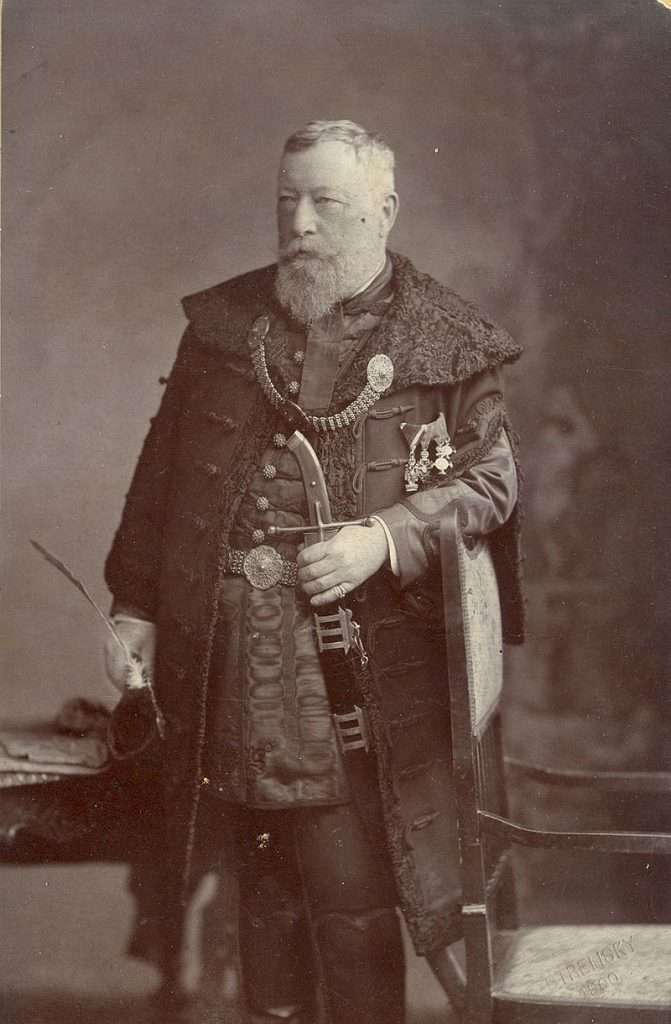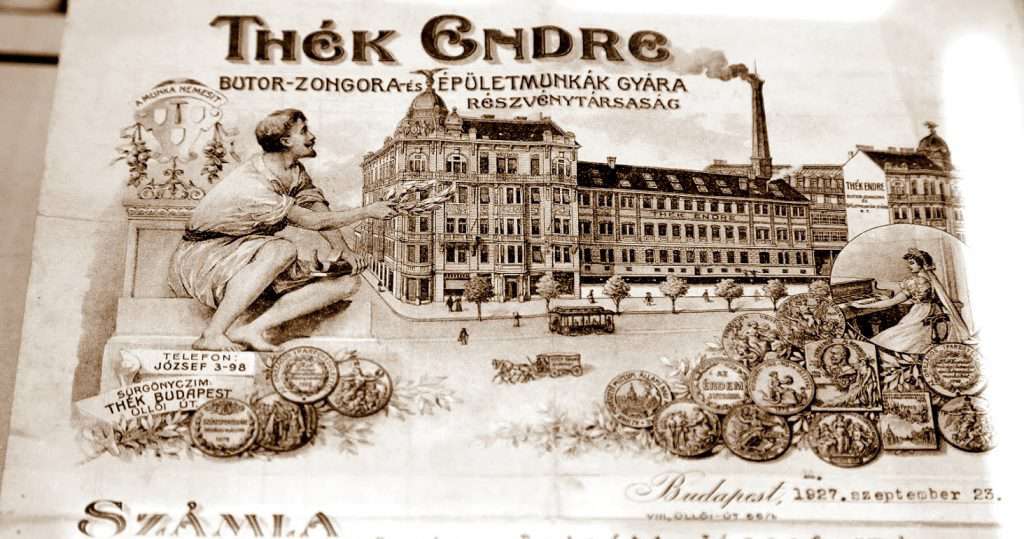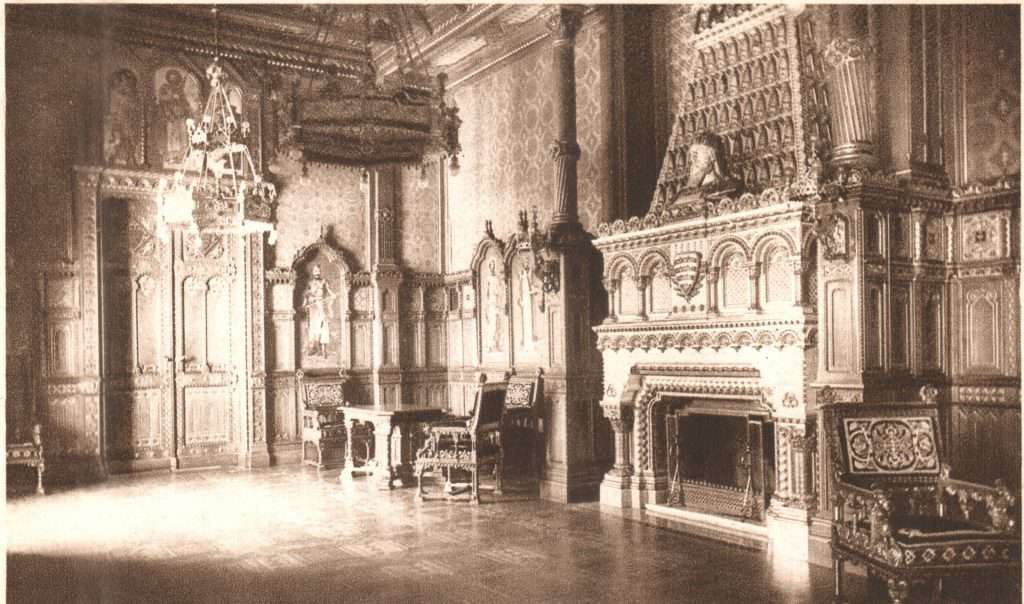Change language:
The story of the man who became the father of the Hungarian furniture industry
On June 8, 1919, the most prominent and most iconic figure of the Hungarian furniture business and the industry died, exactly 100 years ago. This man was considered to be the father of the modern Hungarian furniture industry and was famous for making excellent and magnificent pieces. Without him, Budapest’s and the country’s most famous and beautiful historical business would have remained empty.
Endre Thék was born on November 3, 1842, in Orosháza (Békés County). He was born into a family where almost every member worked in the industrial field, and so did little Endre as well. He was only thirteen years old when he started to learn from a carpenter in his hometown. After learning some excellent skills, he continued his studies in Budapest, and a few years later in Paris, which was the capital of furniture-making in the 19th century.

Thék slowly became well-known in the French capital because of his excellent pieces of furniture and became the director of the world-famous Diehl furniture company. He also took part in the Paris World’s Fair in 1867 and met Mihály Munkácsy as well.
In 1872, he returned to Hungary and established his own furniture factory. In 1885, he had enough money to invest in other companies which made furniture. He bought a bigger factory on Üllői Road and made it Hungary’s number one furniture manufactory. In 1893, Thék had approximately 270 workers, while in 1910, this number increased to 400.

At the end of the 1800s, Budapest slowly started to become a metropolis, and several enormous buildings were built to shape the city’s look. Without Thék’s factory, such buildings as the Gresham Palace, the Opera, the Parliament, the Buda Castle, the New York Palace, mansions, and palaces would not have those magnificent pieces of furniture that people can see even today when they enter these buildings.


Due to Thék’s excellence, knowledge, and motivation, his items of furniture had excellent qualities, shape, and magnificent decorative elements. He was the first man in the industrial field who realised the importance of making furniture and was the best in this field. His works were seen in several world fairs all across the European continent and were awarded on several occasions in Hungary.

In 1919, the Hungarian Soviet Republic was born and took control of all the Hungarian factories. Thék’s magnificent furniture establishment did not survive the invasion of the Soviet rule, and he was expelled from his own factory.
A few days later, probably because of the loss of his factory, Endre Thék died, on June 8, 1919.







